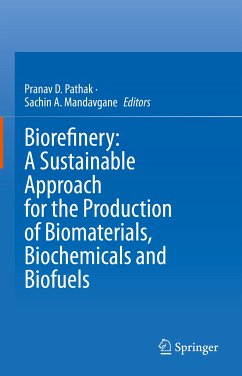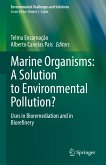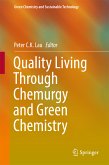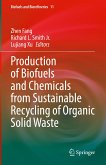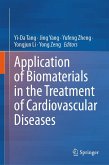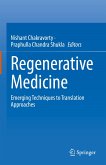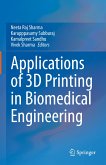This book discusses recent trends and concepts in the field of biorefinery. It discusses optimal and economic strategies for converting biomass to value-added products to maximize profits with minimal environmental impact with a sustainability approach. The chapters of the book are focused on the current technologies, techno-economical aspects, life cycle assessment, and case studies. The book is divided into three sections; the first section presents strategies for the production of biofuels like bioethanol, biomethane, biohydrogen, bio-oil, gasification, etc., from the biomass in a sustainable way. The second sections review the extraction of bioactive chemicals, phenolic antioxidants, enzymes, and carboxylic acid from the biomass residue. The last section examines the utilization of biomass for the production of bioactive materials, including biofertilizers, bioadsorbents, activated carbon, nano-materials, and pigments. This book explores the relation between biofuels and the sustainable development goals (SDGs) 7.
Dieser Download kann aus rechtlichen Gründen nur mit Rechnungsadresse in A, B, BG, CY, CZ, D, DK, EW, E, FIN, F, GR, HR, H, IRL, I, LT, L, LR, M, NL, PL, P, R, S, SLO, SK ausgeliefert werden.

